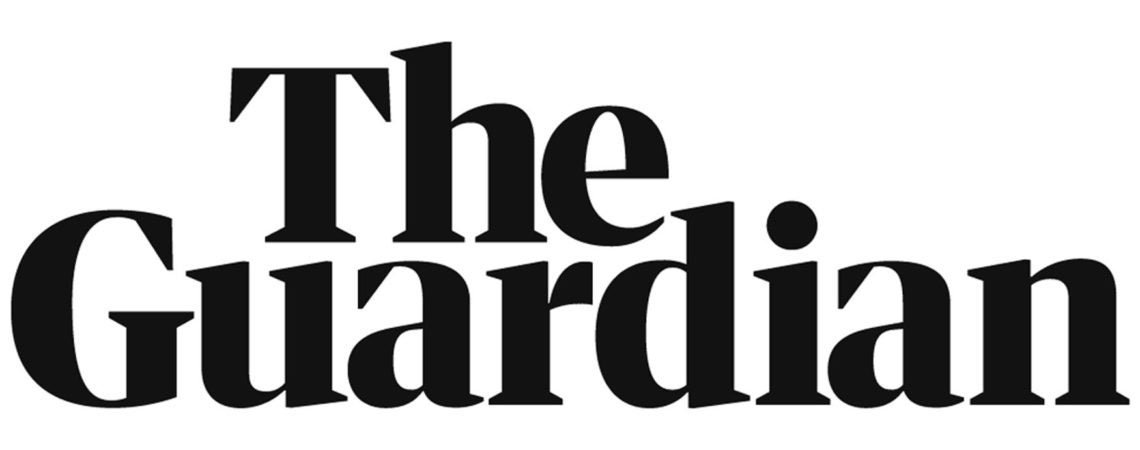The financial meltdown of 2008 failed to provoke a fundamental shift in capitalism. Will this moment be different?
he term “crisis” derives from the Greek “krisis”, meaning decision or judgment. From this, we also get terms such as critic (someone who judges) and critical condition (a medical state that could go either way). A crisis can conclude well or badly, but the point is that its outcome is fundamentally uncertain. To experience a crisis is to inhabit a world that is temporarily up for grabs.
The severity of our current crisis is indicated by the extreme uncertainty as to how or when it will end. The modellers at Imperial College – whose calculations have belatedly shifted the government’s comparatively relaxed approach to coronavirus – suggest that our only guaranteed exit route from enforced “social distancing” is a vaccine, which may not be widely available until the summer of next year. It is hard to imagine a set of policies that could successfully navigate such a lengthy hiatus, and it would be harder still to implement them.
It is now inevitable that we will experience deep global recession, a breakdown of labour markets and the evaporation of consumer spending. The terror that drove government action in the autumn of 2008 was that money would stop coming out of the cash machines, unless the banking system was propped up.
It turns out that if people stop coming out of their homes, then the circulation of money grinds to a halt as well. Small businesses are shedding employees at a frightening speed, while Amazon has advertised for an additional 100,000 workers in the US. (One of the few, and far from welcome, continuities from the world we’re leaving behind is the relentless growth of the platform giants.)
The decade that shapes our contemporary imagination of crises is the 1970s, which exemplified the way a historic rupture can set an economy and a society on a new path. This period marked the collapse of the postwar system of fixed exchange rates, capital controls and wage policies, which were perceived to have led to uncontrollable inflation. It also created the conditions in which the new right of Margaret Thatcher and Ronald Reagan could ride to the rescue, offering a novel medicine of tax cuts, interest rate hikes and attacks on organised labour.
The 1970s inspired a vision of crisis as a wide-ranging shift in ideology, which has retained its hold over much of the left ever since. The crisis involved a contradiction that was largely internal to the Keynesian model of capitalism (wages were being pushed up faster than productivity growth, and destroying profits), and an overhaul in the dominant style of business: out with rigid heavy manufacturing, in with flexible production that could respond more nimbly to consumer tastes.
There was also an important spatial dimension to the 1970s crisis. Capital abandoned its iconic industrial strongholds in northern England and the American midwest, and (with help from the state) headed towards the financial and business districts of slick global cities, such as London and New York.
For over 40 years after Thatcher first took office, many people on the left have waited impatiently for a successor to the 1970s, in the hope that a similar ideological transition might occur in reverse. But despite considerable upheaval and social pain, the global financial crisis of 2008failed to provoke a fundamental shift in policy orthodoxy.
In fact, after the initial burst of public spending that rescued the banks, the free-market Thatcherite worldview became even more dominant in Britain and the eurozone. The political upheavals of 2016 took aim at the status quo, but with little sense of a coherent alternative to it. But both these crises now appear as mere forerunners to the big one that emerged in Wuhan at the close of last year.
To see the full article, click here.

